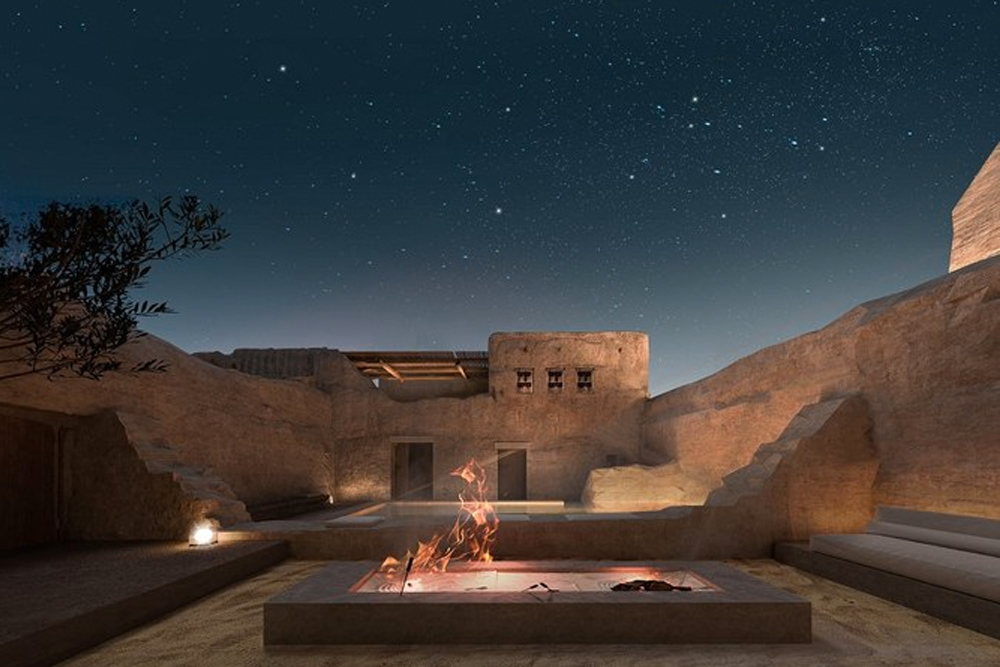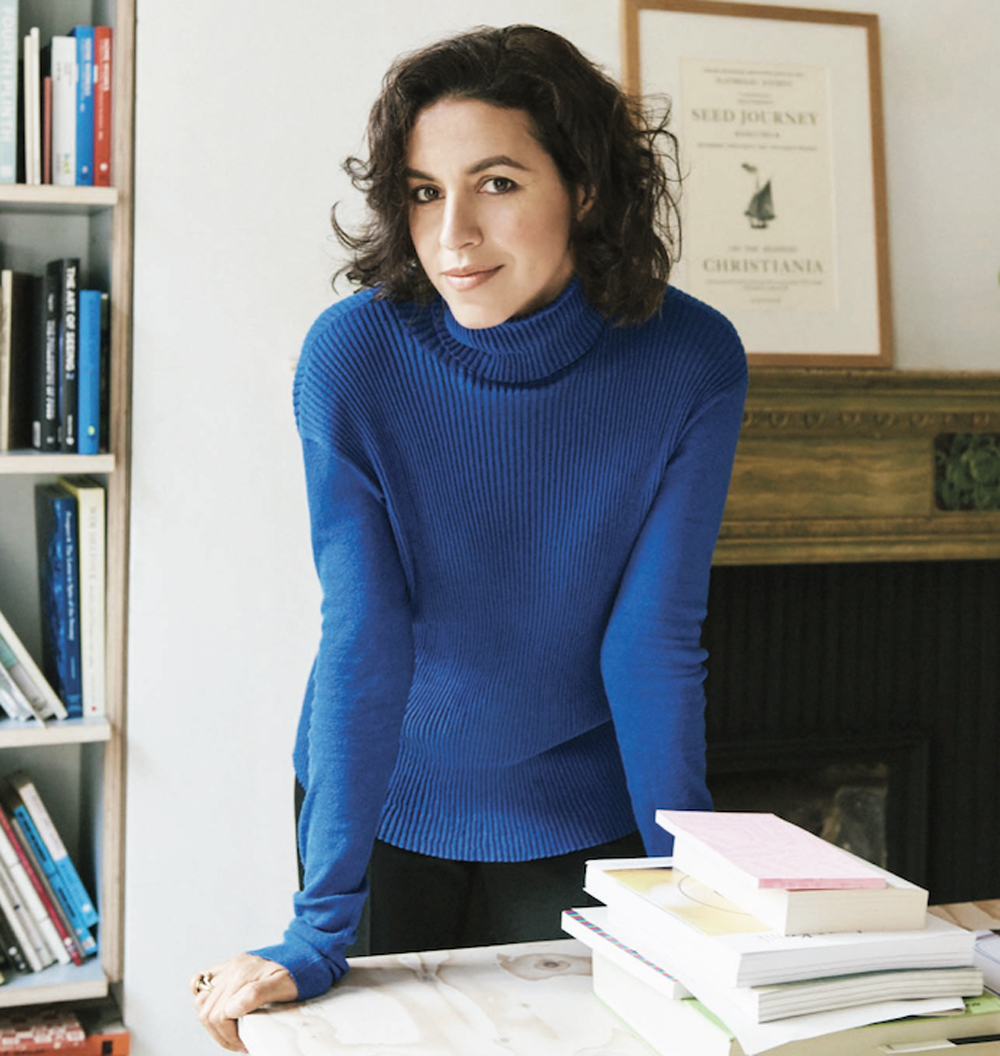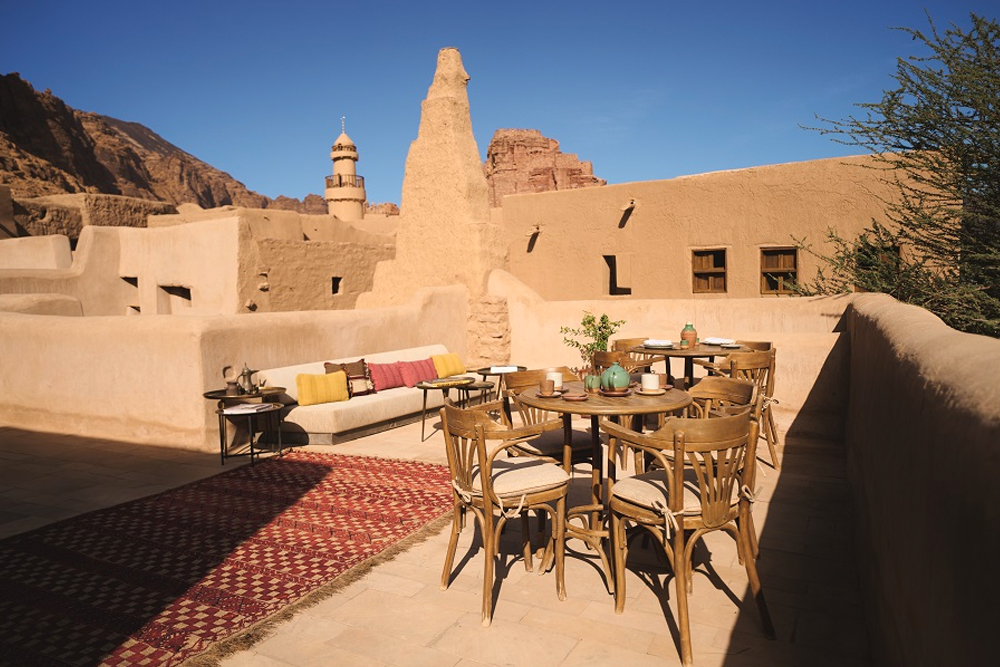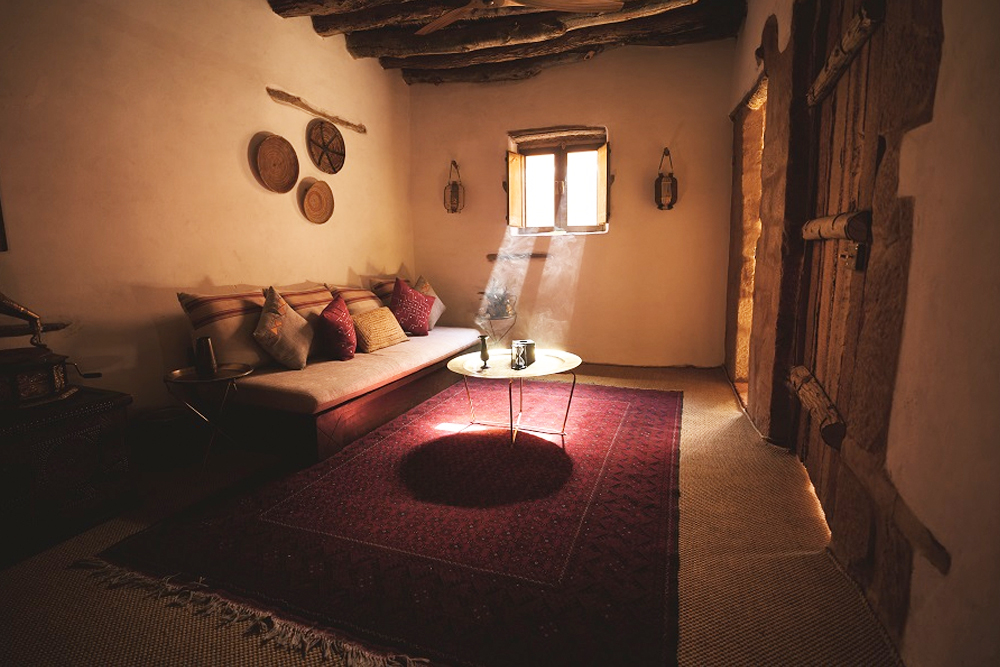
Renowned for her innovative architectural projects in Europe and the Middle East, architect Shahira Fahmy holds three prestigious Harvard fellowships, including the esteemed LOEB fellowship at GSD, the prestigious Hutchins fellowship at FAS, and the coveted Berkman Klein fellowship at Harvard Law School. Her groundbreaking contributions have earned her the title "Architect Building the Arab Future," featured in the influential book "100 Women: Architects in Practice" by Monika Parrinder et al., published by the Royal Institute of British Architects. Despite the challenges, Fahmy tackled the formidable task of restoring the Dar Tantora The House Hotel, an archaeological site in the historic AlUla Old Town.

Egyptian architect Shahira Fahmy reconstructed an existing archaeological site — Dar Tantora The House Hotel in AlUla Old Town historical village.
Handpicked by The Royal Commission for AlUla, Fahmy undertook the formidable challenge of transforming multiple ancient mud-brick edifices into a boutique hotel. Fahmy emphasized the unique complexity of her task, given the rich historical context of the ancient Islamic city, which posed as an archaeological ruin rather than a blank canvas for construction. She elaborated on the meticulous restoration process, which involved molding bricks on-site using local materials and adhering closely to the architecture of the region, characterized by stone foundations and two-story structures.

In total, Fahmy and her team meticulously restored 30 buildings, honoring the original layout and functionality of the city's inhabitants from centuries past. They replicated architectural features such as cross-ventilation for optimal airflow and terraced rooms to emulate historical cooling techniques. Collaborating closely with local artisans and researchers, including a team from Egypt with expertise in mud brick and palm material construction, Fahmy ensured authenticity in every detail.

Fahmy and her team worked with local artisans and researchers, alongside a team from Egypt.
Preservation of the city's heritage extended beyond architecture to include interior murals and paintings, meticulously preserved with the assistance of archaeological experts. While modern amenities such as Wi-Fi and limited electrical outlets were introduced to accommodate contemporary guests, traditional cooking methods using wood fires were retained to offer an authentic culinary experience.

‘Once you enter this 12th-century room, you are transported into another place completely,’ the architect said.
The artistic integrity of the project was further enriched through collaborations with local artists, who contributed paintings and decorative elements inspired by the region's cultural heritage. Fahmy's pride in the project's completion is palpable, particularly when witnessing the space come alive with the presence of guests, validating the meticulous restoration efforts and activating the site for contemporary use. Although it wasn't an easy challenge Fahmy and her team put their all into the project and finished it in just six months. On January 21, the hotel officially opened for business.

















